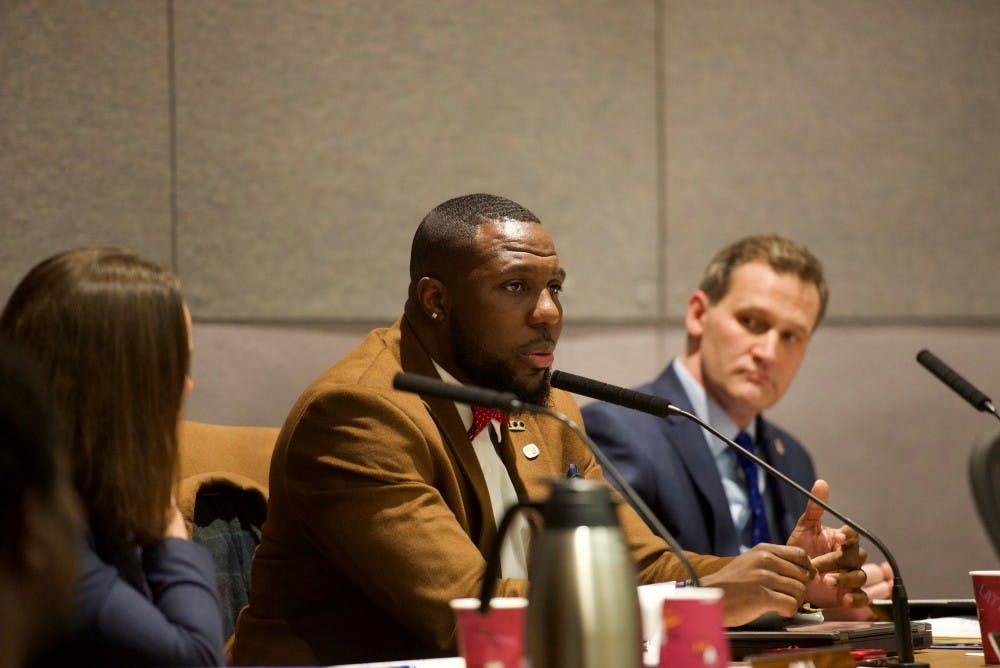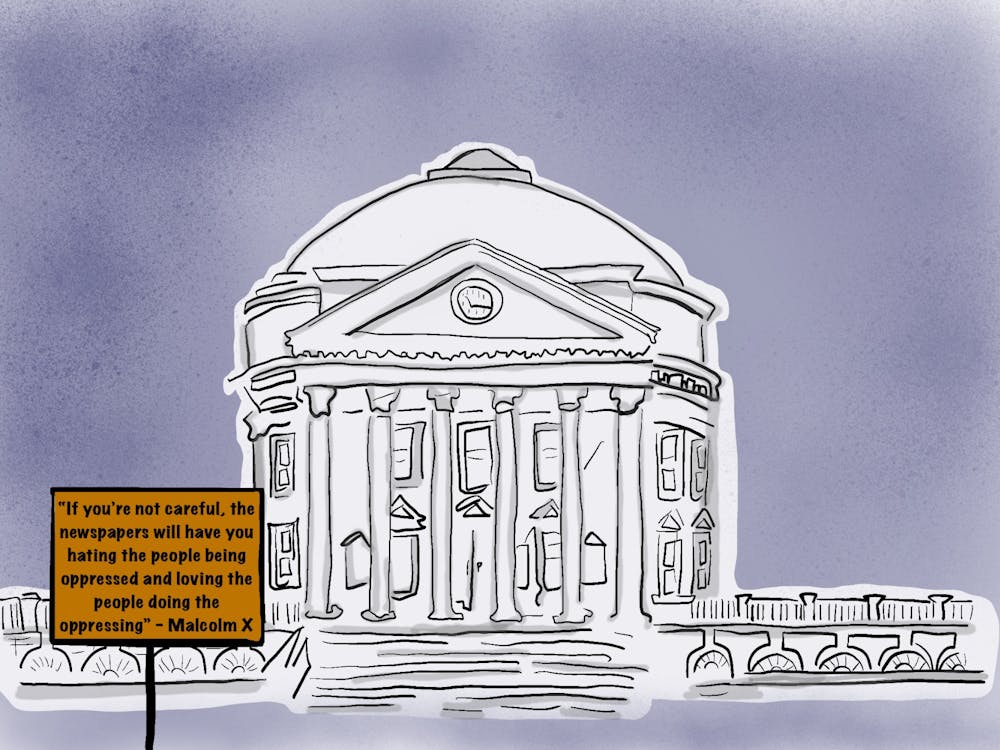City Councilor Wes Bellamy recently proposed during a City Council meeting to provide public housing residents of Charlottesville with high-speed fiber optic internet service at a significantly reduced cost. The plan calls for an allocation of $150,400 to subsidize installation and hardware costs, with public-housing residents paying only $10 a month for fast internet. The service would most likely be provided by Ting. The Council should take the steps needed to address the inequality crisis in Charlottesville and approve this subsidy.
In the digital age, internet access is no longer simply a luxury, but a necessity for success, particularly in education and the workplace. Low-income families are at a formidable disadvantage when it comes to internet access. A 2015 survey showed that over half of U.S. adults have searched for job information online, with 45 percent having applied for a job online. Almost 80 percent of Americans who searched for jobs in 2013-14 utilized online resources during their most recent job search. This evidence makes it clear that a lack of proper internet access limits job opportunities for low-income residents.
Students are another group negatively affected by low internet speeds. Because of this reality, they often have difficulty completing assignments that require internet access — resulting in a so-called “homework gap.” In one study, nearly 50 percent of students were unable to finish an assignment due to lack of Internet or computer access and 42 percent of students reported received a lower grade on an assignment from no Internet access. Internet access should be a right, not a privilege.
Albemarle County faces this divide as well, with about one-third of its residents, particularly those in rural areas, unable to access high-speed internet. There, citizens have already seen negative results stemming from slow speeds, which is only exacerbated as more people try to connect their devices. As a result, many must go to other locations with more reliable connections, such as the library. During the same meeting, Charlottesville Mayor Nikuyah Walker brought up having a public internet service available to whole communities of public housing. Bellamy’s proposal differs in that it calls for service for individual housing units. Bellamy reported that previous efforts to provide a public internet service in public housing communities resulted in slow internet speeds from too many users.
Subsidizing high-speed internet for residents in public housing is a necessary step the Council must take in equalizing opportunity for City residents. The rampant income inequality that persists in Charlottesville leaves low-income residents increasingly further behind with regard to internet access. By appropriating funds towards creating an affordable option for high-speed internet access for public housing residents, the City can take an active measure towards bridging the digital divide in our community.





